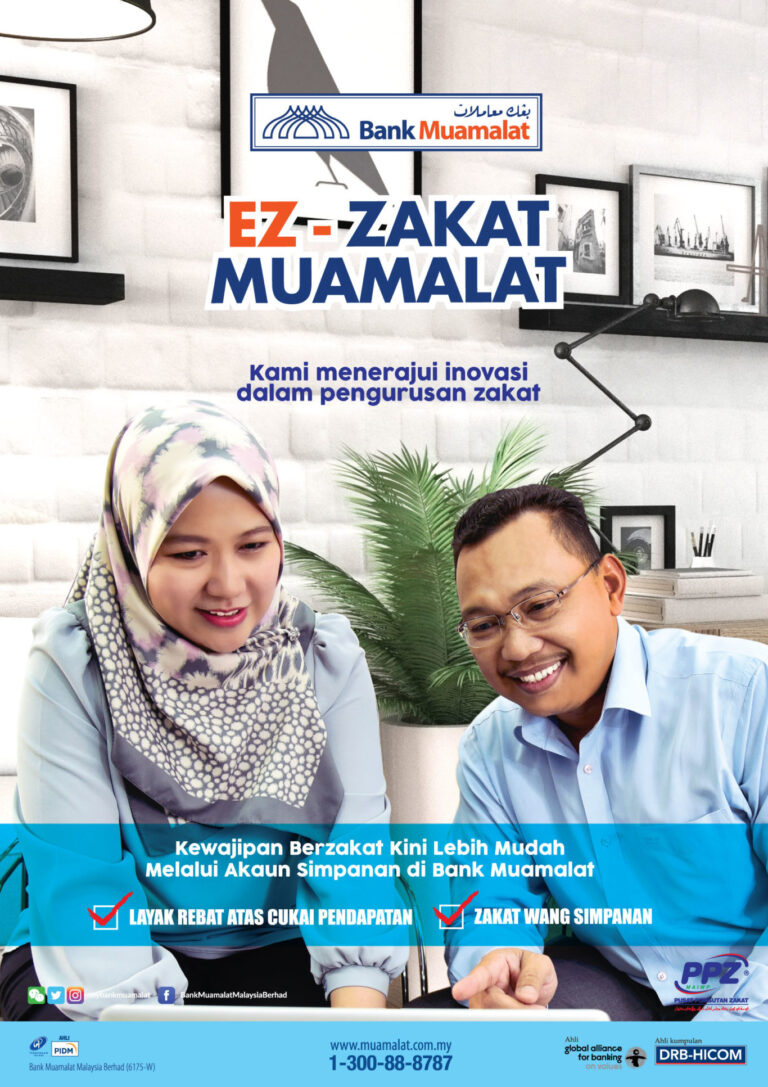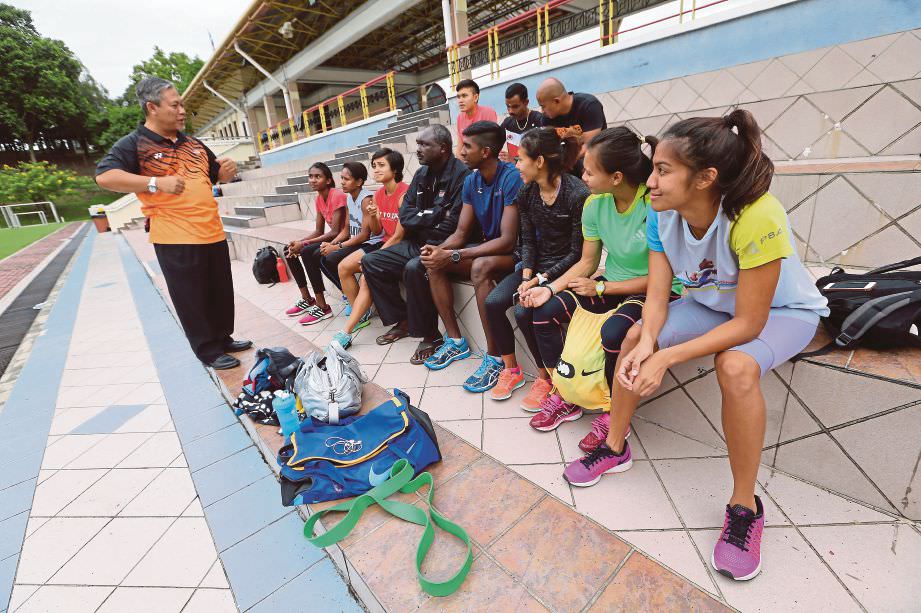KUALA LUMPUR: Former lecturer Nur Zalina Abdul Aziz had just completed her PhD in Business Administration when she joined the Future Global Network Foundation (FGN) back in 2010.
“When I first started working with FGN, it was only to assist my husband, who was the chairman of the nongovernmental organisation.
“At that time, my husband was appointed as the education project manager for refugee education centres, which provide education for Rohingya refugee children in Penang and Selangor,” Nur Zalina said.
The current FGN director said she and her husband opened a school for Rohingya refugee children in July 2010
“We opened our first school, the Rohingya Education Centre, in July 2010 in Taman Arowana, Permatangan Pauh, Penang, after we discovered that the United Nations High Commissioner for Refugees ( UNHCR) had allocation projects for refugees.”
While helping her husband teach children in the centres, Nur Zalina found her calling.
“Being involved in education is a long-term project.
“You have to be committed to your duties as an educator because you have to meet expectations of the students and the parents.
“You would not want to disappoint them after giving them hope,”
In August 2012, FGN opened its second school in Batu Belah, Klang, Selangor, in partnership with Pencerdasan Container Ummah Malaysia and funded by UNHCR.
In April 2015, UNHCR invited FGN to manage a third school located in Bandar Indera Makhota, Kuantan, Pahang. The school is funded by the Albukhary Foundation.
Now, FGN has 680 students in three of its centres.
“Managing three schools with different funders and different submissions of financial and narrative reports is a challenge.
“Their budgets are different, too, and the teachers (of each school) are not paid the same.
“We have to juggle these variants and ensure that our students get the best education,” Nur Zalina said.
She said the teachers underwent training on how to handle Rohingya children.
“They are different than Malaysian children. They have emotional scars.
“We have to remember that we are dealing with children who have been through physical and psychological trauma at such a young age, so we have to be gentle. Imagine the horror of fleeing for your life in your own country, being in a boat with other refugees for a month and finding yourself in a foreign land.
“From there, you are forced to travel through treacherous terrain to get to Malaysia.
“I cannot imagine my own children going through the same ordeal.”
Nur Zalina said she was motivated to continue teaching after seeing how positively the children responded to education.
“They are intelligent and very receptive to learning.
“We are happy that one of our ex-students has relocated to Oregon, the United States. She will finish her high school there. The future looks promising for her.
“She wants to enrol in a medical school. We hope that she will set a good example for other children here.
“If she does well, I told her I will get her a scholarship to pursue a medical degree in Turkey.”
There are many more success stories that Nur Zalina is proud of.
“A batch of our students who went to the US and sat for their school placement tests managed to enrol in classes with students their age. It’s a validation of the work we are doing here.
“Last year, we managed to enrol two students in secondary schools here.
“Recently, three students received sponsorship for tuition and boarding at private secondary schools. We want to share these stories with Rohingya parents, so they will not hesitate to give education to their children.”
Nur Zalina said FGN’s next move was to focus on secondary education and vocational training.
“Our schools only provide primary education. To pursue secondary education, our students have to find other schools.
“We are also looking at special programmes targeted at Rohingya children who come to us at age 12 without any knowledge of how to read or write.
“Since they only learn how to do so at age 14, it is too late for a formal education.”
She said in Penang, there were special education programmes that teach these children vocational skills like sewing, baking and automotive training.
“We are planning to provide similar programmes in Kuantan.”
Nur Zalina said shops in these two locations had expressed their interest in providing work training placements for the students. – NST Online.







